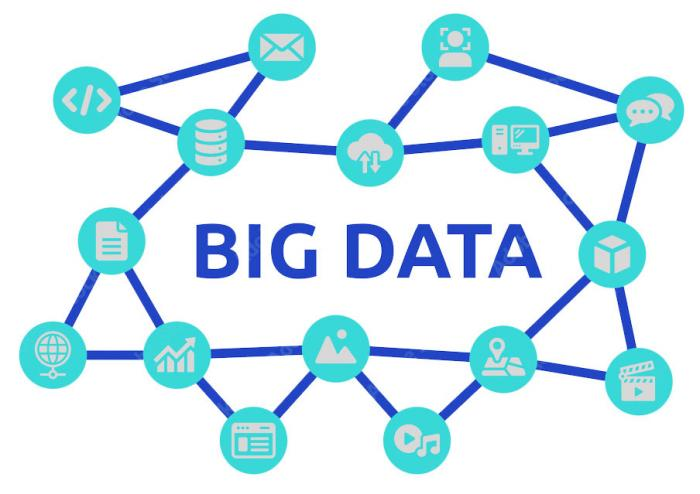
Havana, July 2 – Beyond ChatGPT or DeepSeek, Artificial Intelligence (AI) is a powerful tool and a significant change in business management, as it can automate routine and repetitive tasks and focus human resources on high-value activities.
According to UNESCO's Recommendations for the Ethical Use of AI, AI systems are information processing technologies that integrate models and algorithms that produce the ability to learn and perform cognitive tasks, leading to outcomes such as prediction and decision-making in physical and virtual environments.
They specify that AI systems are designed to operate with varying degrees of autonomy, through knowledge modeling and representation, exploiting data and calculating correlations.
According to Pedro Piñero Pérez, executive director of Iades, the pragmatic approach to AI stands out for its ability to learn, perform prediction tasks, generate content, make recommendations, and make decisions in physical and virtual environments, based on the processing of structured and unstructured data.
At the Transforming Decisions pre-event workshop, held prior to the 5th Meeting on Management Systems for Information and Communications Technologies (Sigestic 2025, in Spanish), organized by the Information Technology Company (ETI, for its acronym in Spanish), he discussed some key elements of the current development of AI.
The specialist mentioned the levels of computerization achieved by society, the capabilities created to manage and collect data, the development of computational infrastructure, especially for model training capabilities, and the development of new artificial intelligence methods and their high computing capacity.
CHALLENGE AND RESPONSIBLE IMPLEMENTATION
Ivette García Montero, Head of Strategic Planning for Information Technology at the Cuban Telecommunications Company (Etecsa, for its acronym in Spanish), commented that AI in entities improves productivity and business performance at every stage of the cycle, helping to design, manufacture, and offer better products and services.
Benefits of using AI:
Simplified decision-making.
Increased security.
Innovation and competitive advantage.
Improved customer experience.
Process automation.
Increased efficiency.
She also mentioned logistics optimization, the use of virtual assistants and chatbots, data analysis and prediction of market behavior, fraud and problem detection in the company areas, and marketing work and efforts.
She added that Generative Artificial Intelligence proved to be particularly effective in content production, which has opened up a wide range of applications in the business world, with the creation of coherent and high-quality texts from existing data, the automatic generation of content for marketing and advertising, the creation of automated and personalized responses to customer support, and the generation of ideas and summaries in the field of research and development.
However, García Montero emphasized that there are challenges in the business world, including its implementation, ethics and responsibility, systems interoperability, cybersecurity, the shortage of AI talent, regulation and compliance, and acceptance and adoption.
Successful adoption involves governance, transparency, and training, she emphasized.
He explained that companies are at the right time to make responsible AI a powerful capability in their policies, ensuring that it is developed and used ethically, prioritizing essential principles such as fairness, transparency, privacy, and security.
Despite the challenges, she emphasized that AI training is constantly growing, and there are tools that facilitate its progressive adoption. Advances in cybersecurity and blockchain improve data protection, and in the face of resistance to change, AI complements—not replaces—human work, freeing up time to execute creative and strategic tasks.
García Montero added that it is necessary to implement a data strategy to make effective and sustainable use of AI in the business environment.
AI depends on quality data to learn, predict, automate, and generate value; without a solid data management foundation, AI projects often fail or produce unreliable or inefficient results, she noted.
RECOMMENDATIONS
Acquire skills in data science and AI ethics to form multidisciplinary teams.
Foster collaboration between technology and business areas.
Prioritize use cases with high impact and technical feasibility.
Promote innovation ecosystems (open innovation, links with universities, and strategic alliances with other companies and entities).
The specialist added that, although AI presents challenges, its strategic implementation drives innovation, efficiency, and business growth, making its adoption key to the competitive future. (Text and photo: Granma Digital)